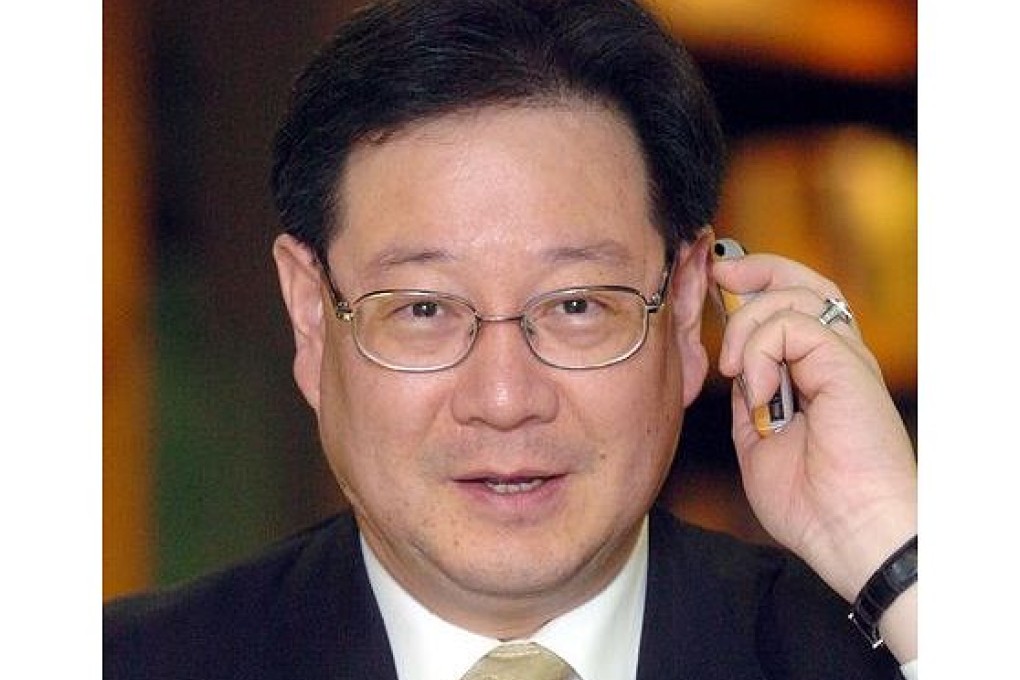Managing China risk in a changed business ecosystem
Cartoonist David Horsey earlier this year created an image of an anxious Uncle Sam asking a fortune teller, "Can you tell me about my future?" She responds: "Hmm ... I would, but I can't read Chinese."

Cartoonist David Horsey earlier this year created an image of an anxious Uncle Sam asking a fortune teller, "Can you tell me about my future?" She responds: "Hmm ... I would, but I can't read Chinese."
The fortune teller's words are relevant to every executive of a multinational company or a small or medium enterprise. The re-emergence and convergence of the mainland and Taiwan have transformed the world's economy and delivered decades of growth and profit. Delivering reliable collaborations with partners from Greater China is the critical responsibility of every executive seeking to secure their company's future.
Private-sector businesses all have one common goal: finding safe ways to create successful partnerships while reducing risk. But they pursue this goal in a rapidly changing and increasingly corrupt business ecosystem. The metastasising ethical confidence crisis in China is glaringly apparent even in the declining air, water and food quality. The ability of the chief "X" officer (CXO) to manage the trust deficit is the difference between success and failure in China, with potentially global implications.
Savvy international executives are fully capable of planning, structuring, building, operating and growing businesses. But few CXOs are trained to protect an enterprise against a predatory business environment in which regulators and partners alike are gaming the system.
All international companies operating in China face the following corruption threats:
- Corruption eroding supply chain (sales and procurement) integrity.
- Corrosive temptations threatening senior management cohesion and reliability.
- Irregular governmental discretion when seeking regulatory permits, licences or approvals with limited avenues of redress.
- "Structural transformation" issues, to quote Premier Li Keqiang, including discriminatory market access and local protectionism, even 12 years after accession to the World Trade Organisation.
- Theft of intellectual property, trade secrets and know-how.
- Predatory practices targeting key personnel that threaten enterprise competitiveness and viability.
